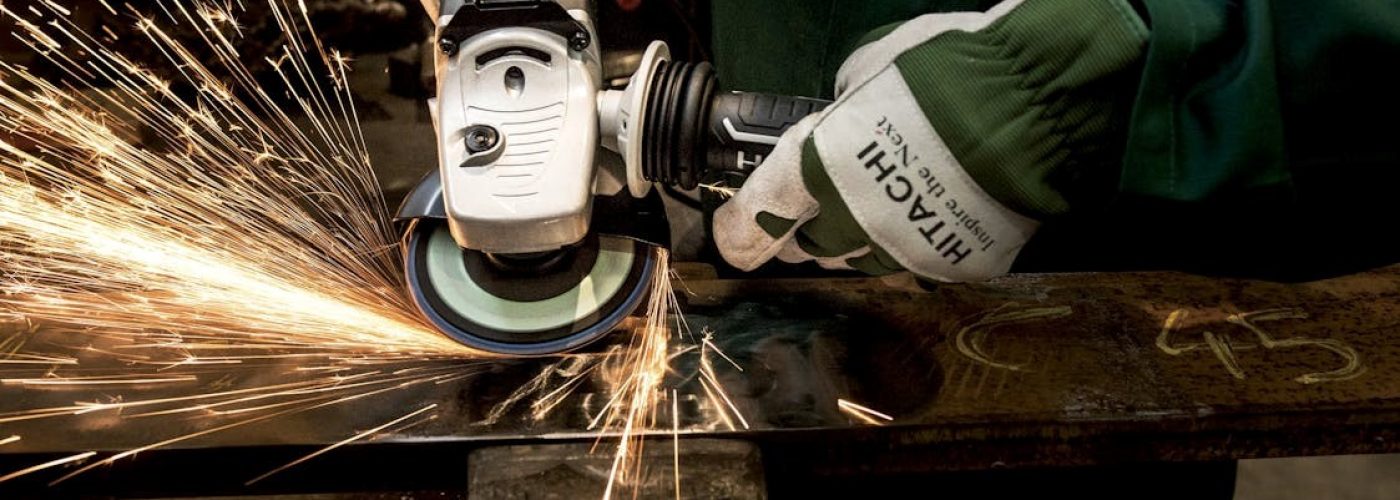When diving into the world of DIY projects, the term “carbon brushes” might seem technical.
However, understanding their role can significantly enhance your efficiency and outcomes.
Carbon brushes, small but crucial components in many electric motors, ensure a steady flow of electricity, making your tools run smoothly.
Why Carbon Brushes Matter in Your Tools

Imagine working on a home renovation project and your power drill suddenly loses power. Frustrating, right?
Often, the culprit is a worn-out carbon brush.
These brushes maintain electrical contact with the motor’s rotating parts, ensuring consistent performance. Without them, your tools would falter, disrupting your projects (source).
Carbon brushes are essential for maintaining the longevity and functionality of your electric tools.
Their importance extends beyond just functionality; carbon brushes also play a vital role in preserving the motor’s integrity. By minimizing arcing and reducing the wear on commutators, these components prevent costly damage and downtime.
How Carbon Brushes Work

Carbon brushes conduct electricity between stationary wires and moving parts in electric motors. They are made of a mix of carbon and other materials, providing durability and efficient conductivity.
When the brush wears down, it can no longer maintain contact, causing the motor to stop.
The operational principle behind carbon brushes involves sliding friction. This friction must be finely balanced – too much can lead to excessive wear and overheating, while too little may cause unstable electrical contact.
The quality of the carbon material directly affects this balance, influencing the brush’s lifespan and performance.
Key Benefits of Carbon Brushes:
- Consistency: They ensure a stable flow of electricity.
- Durability: Made from robust materials, they can withstand significant wear and tear.
- Replaceability: Easy to replace, extending the life of your tools.
Choosing the Right Carbon Brushes
Selecting the appropriate carbon brushes for your tools is vital. Using the wrong type can lead to inefficient performance or even damage your equipment.
Always check the manufacturer’s recommendations when purchasing replacements.
Consider These Factors:
- Compatibility: Ensure the brush matches your tool model.
- Material Composition: Different compositions suit various types of motors.
- Quality: Higher quality brushes last longer and perform better.
Material composition affects not just durability but also electrical conductivity and friction properties. For example, brushes with higher copper content might offer better conductivity but could wear out faster due to higher friction.
Conversely, harder carbon brushes might last longer but may not provide the same level of conductivity, impacting tool performance.
Top Deals Online (link here) is a popular online retailer who sell both branded and unbranded generic carbon brushes for power tools.
High-quality carbon brushes can significantly enhance tool performance and lifespan.
Replacing Carbon Brushes: A Simple Guide

Replacing carbon brushes might seem daunting, but it’s straightforward with the right approach. Here’s a quick guide:
- Identify the Brush Type: Refer to your tool’s manual to find the correct brush.
- Access the Brush: Open the tool’s housing to locate the brushes.
- Remove the Old Brush: Carefully take out the worn brush.
- Install the New Brush: Insert the new brush, ensuring a secure fit.
- Test Your Tool: Run the tool to ensure it’s working correctly.
It’s crucial to observe the condition of the commutator during replacement. A worn or dirty commutator can shorten the new brush’s lifespan and impair performance (source). Cleaning it with a commutator stone or a soft cloth can help maintain optimal contact.
My Experience with Carbon Brushes
During a recent kitchen remodel, my trusty jigsaw started losing power intermittently. After some research, I discovered the issue was with the carbon brushes. Replacing them was a game-changer.
The jigsaw ran smoother than ever, making precise cuts effortless and the overall project more enjoyable.
This experience underscored the importance of understanding even the smallest components in my tools. By recognizing the signs of worn brushes early, I avoided more significant motor damage and extended the tool’s life.
Regular maintenance, including checking and replacing carbon brushes, can save time and money in the long run.
Maintaining Your Tools for Longevity
To ensure your tools are always in top condition, regular maintenance is key. Inspect the carbon brushes periodically, especially if you notice performance issues.
Keeping your tools clean and well-maintained will enhance their efficiency and lifespan.
Maintenance Tips:
- Regular Inspections: Check brushes for wear every few months.
- Clean Tools: Remove dust and debris to prevent interference with electrical contacts.
- Follow Manufacturer Guidelines: Adhere to the maintenance recommendations in your tool’s manual.
Additional Insight: Lubricating moving parts and ensuring ventilation can also help in reducing the wear on brushes. Overheating is a common cause of premature brush wear, so keeping your tools cool can extend their operational life.
Proactive maintenance can prevent unexpected breakdowns and prolong tool life.
The Hidden Heroes of Your DIY Toolbox
Carbon brushes might be small, but their impact on your DIY projects is immense.
Understanding their function, choosing the right ones, and knowing how to replace them can make a significant difference in your work.
By maintaining your tools, you ensure they are always ready for your next big project, making your DIY journey smoother and more enjoyable.
Remember, taking care of your tools, including regular carbon brush maintenance, is an investment in your projects’ success.





